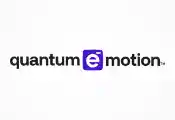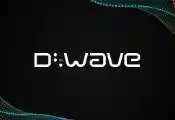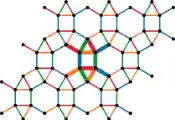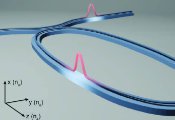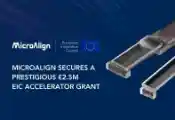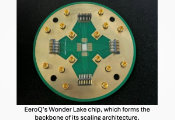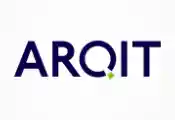SEALSQ Completes Its Validation of QS7001 Quantum Resistant Hardware Platform Cryptographic Toolbox
Geneva, Switzerland, July 17, 2025 -- SEALSQ Corp ("SEALSQ" or "Company"), a company that focuses on developing and selling Semiconductors, PKI, and Post-Quantum technology hardware and software products, today announced the successful completion of the cryptographic toolbox validation stage for its QS7001 post-quantum hardware platform, a critical step as quantum computing advances rapidly.
The validation confirms the robust performance of post-quantum cryptographic algorithms, including Kyber and Dilithium, alongside the platform’s supporting hardware macros. QS7001’s successful validation has allowed the Company to begin the formal Common Criteria EAL5+ certification process with Serma labs, while making the platform already available for early adopters to integrate with their firmware.
QS7001: A Versatile Post-Quantum Platform
The QS7001 is a RISC-V-based secure hardware platform designed for client firmware integration, with the aim of delivering flexibility and quantum-resistant security. Key features are expected to include:
- Post-Quantum Cryptography: Implements NIST-standardized algorithms (Kyber for key encapsulation, Dilithium for digital signatures) to counter quantum attacks.
- Hardware Accelerators: Dedicated cryptographic macros ensure low-latency, high-throughput encryption, key generation, and authentication.
Low Power Design: Optimized for energy-efficient operation in IoT and edge devices, ideal for resource-constrained environments. - Scalable Integration: Supports customizable firmware for applications like smart meters, automotive ECUs, and medical devices.
- Tamper-Resistant Security: Features hardware security modules (HSMs), secure boot, and physical attack protection, designed to align with Common Criteria EAL5+ standards.
Benefits and Use Cases
The QS7001, when paired with client firmware, and the forthcoming QVault TPM both aim to provide future-proof security solutions. The expected benefits for customers embedding the chip in their devices are:
- Quantum-Resistant Protection: Safeguards data against classical and quantum attacks, ensuring long-term integrity.
- Compact Integration: Enables seamless embedding in space-constrained devices without compromising performance.
- Regulatory Compliance: Enables the device to meet EU Cyber Resilience Act (CRA), secure-by-design hardware requirements for connected devices.
- Cost Efficiency: Pre-validated cryptographic libraries and hardware should accelerate development, thereby reducing time-to-market.
Use Cases:
- IoT Security: Protects smart home devices, industrial sensors, and wearables, ensuring data privacy and device integrity.
- Automotive: Secures connected vehicle systems, including ECUs, V2X communication, and OTA updates, critical for autonomous driving.
- Healthcare: Safeguards medical devices like pacemakers, ensuring patient data security and regulation compliance.
- Critical Infrastructure: Secures smart grids, financial systems, and telecommunications, mitigating risks to public safety.
QVault TPM: Extending QS7001 Capabilities
SEALSQ is also developing the QVault TPM, a Trusted Platform Module (TPM) integrating a TPM 2.0 stack on the QS7001 platform which aims to provide enhanced device authentication and data protection targets the PC, laptop, and IoT devices market. Currently undergoing Common Criteria certification, the QVault TPM is planned for launch in H1 2026 following the anticipated certification by the Trusted Computing Group (TCG) for TPM 2.0 compliance, offering robust security standards.
Leadership Perspective
“We’re excited to validate the QS7001 and move toward certification, keeping us ahead in the quantum race,” said Jean Pierre Enguent, CTO of SEALSQ. “With breakthroughs like Rigetti’s new chip pushing quantum computing forward, our QS7001 and QVault TPM enable device makers to implement the security they need to stay protected, compliant and competitive.”

